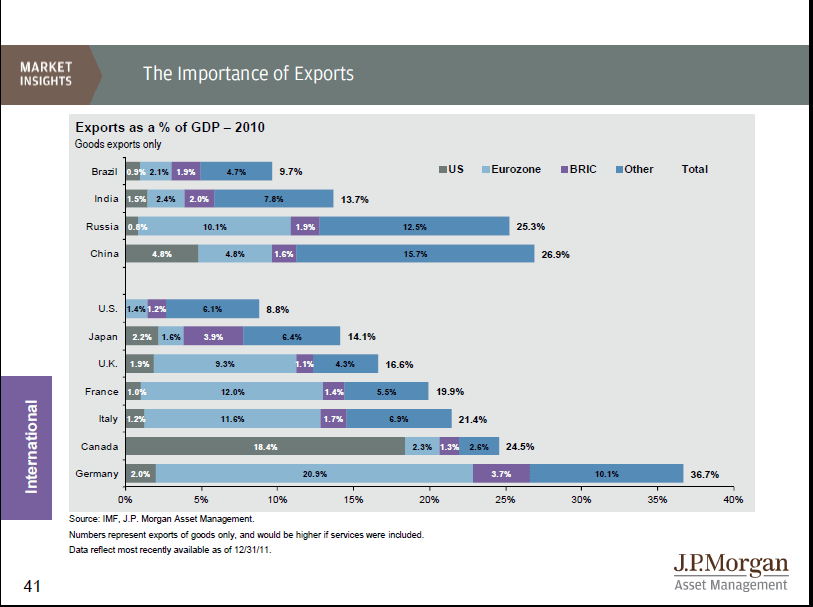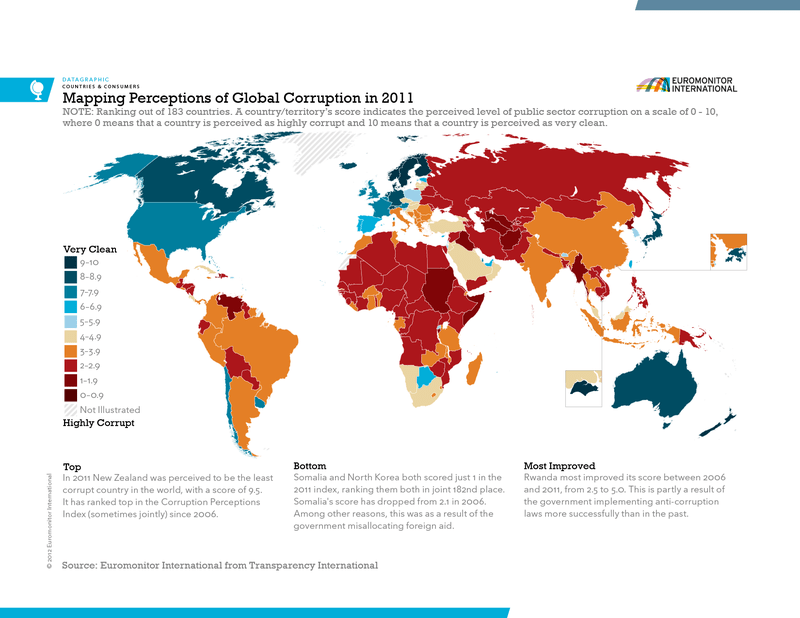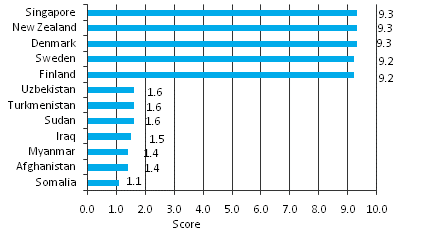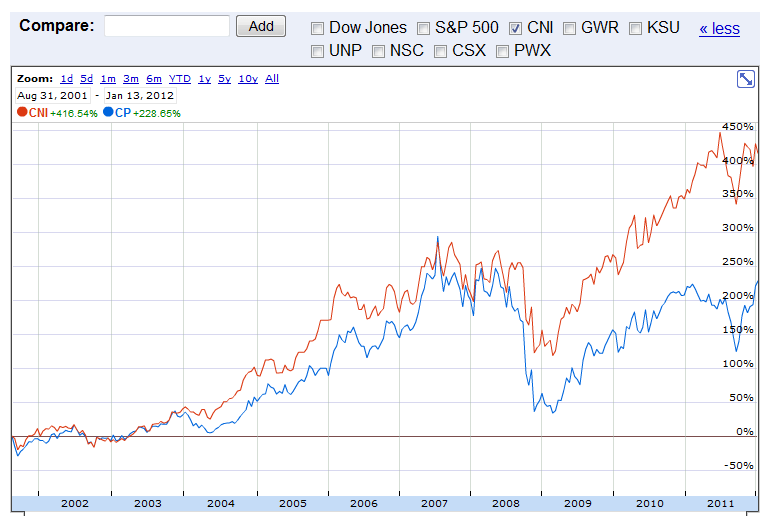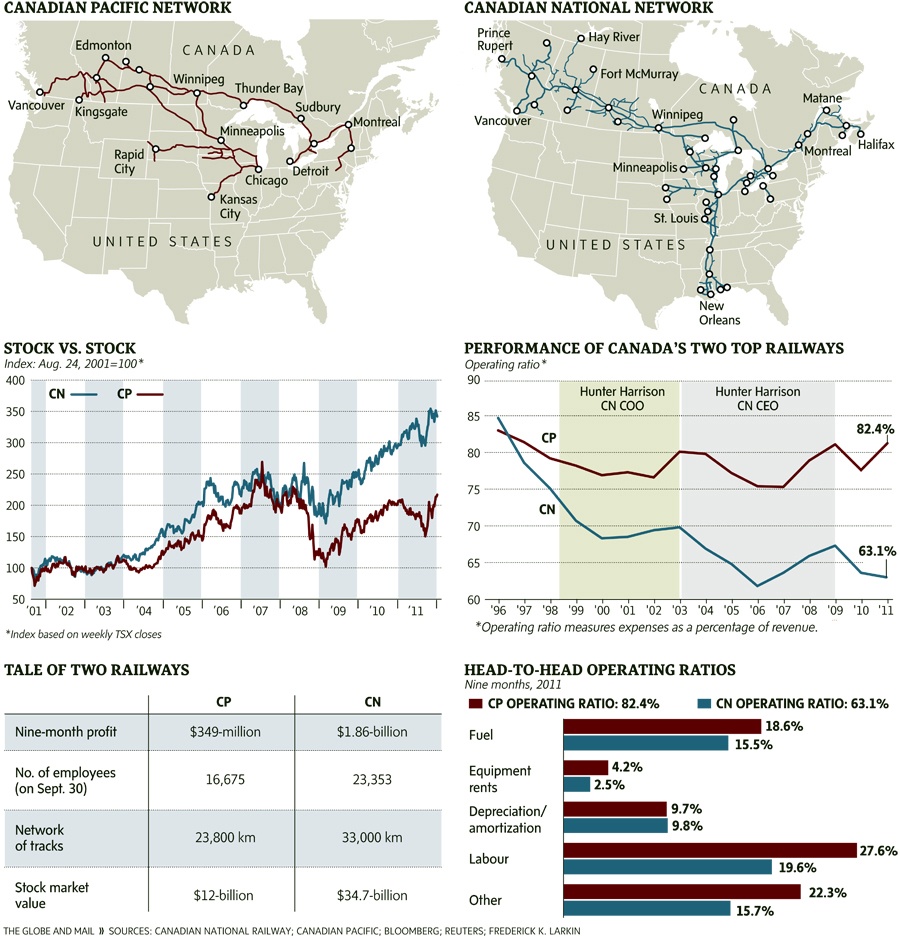China’s success challenges a failed economic consensus
America’s Dirty War Against Manufacturing (Part 2): Carl Pope
‘Speculation Is an Important Cause of High Prices’
‘I have 90% of my portfolio in emerging markets’
10 top U.S. dividend stocks to own until retirement
The uncoupling of decoupling: Latin America’s experience
U.S. grows while Europe stumbles
The corn flake way to higher employment
Diamonds aren’t forever: Oppenheimers leave De Beers
Click to enlarge
Volkswagen’s Autostadt Center, Wolfburg, Germany

